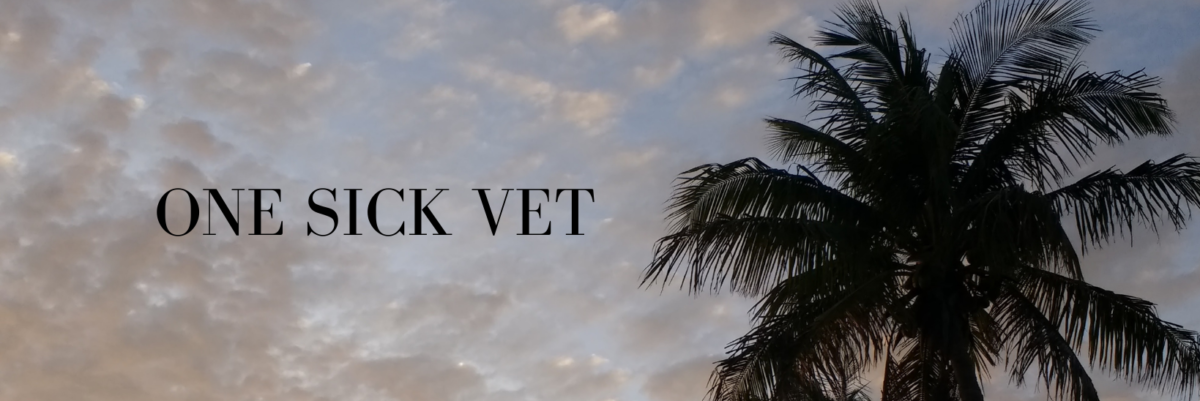.jpg)
I am headed for surgery on December 14th (Wednesday). This time for the elbow. We’re not sure what’s wrong with it, exactly. The symptoms are obvious, but the exact diagnosis is not. [At least, to me. My surgeon might disagree, but then perhaps he should explain things better.]
The elbow hurts (all the time), and does not want to fully extend. It would catch before the arm reached full extension and wouldn’t go any further. Sometimes I could eventually get the arm to fully extend after multiple attempts. The doctor gave me a steroid injection in the elbow joint, and now I can fully extend my arm (very slowly, and I have to wait for it to clunk into place). None of the other symptoms were cured by the injection.
There is also a great deal of crunching and popping when I extend my arm. The confusion lies in the fact that my elbow area snaps upon extension. My surgeon thinks that I may have a snapping triceps, but that is supposed to happen upon flexion, although this journal article says it could happen in either direction.
Elbow 101: This website explains the basics of elbow anatomy and function.
My hand is also still swollen, with some numbness and lack of strength. February will be three years since the original injury. My hand has been swollen for nearly three years. It is also discolored – compared to my healthy hand, it looks bluish-purple and darker. The forearm does also.
The MRI resulted in a diagnosis of “tennis elbow” (lateral epicondylitis).

The EMG/CNS was inconclusive. Based on my symptoms and physical examination, the surgeon is planning to do two or three procedures: 1) percutaneous tennis elbow release; 2) transposition of the ulnar nerve; and possibly 3) correct the snapping tendon if it is, in fact, snapping.
Here are explanations of the three procedures:
Explanation of percutaneous release from Cochrane.org:
Surgery on your elbow can include making a small cut in the arm and trimming damaged tissue from the tendon that joins the extensor carpi radialis brevis (ECRB) to the bone in the elbow (called an ECRB tenotomy), or releasing the tendon from the bone with a scalpel (called an ECRB release). The tenotomy may be done ‘percutaneously’, with a much smaller (1 cm) incision in the skin, or arthroscopically from within the joint.
Transposition of the ulnar nerve (Hughston Clinic Orthopaedics):
The procedure is performed under general anesthesia or with regional anesthetic. The ulnar nerve area is located and cleaned with an antiseptic solution. A small incision is made around the medial epicondyle and the surgeon will locate the ulnar nerve.
This nerve is then moved out of its location under the medial epicondyle and placed in a more superficial area on the front the medial epicondyle. This new position may be directly under the skin or may be within a muscle. This process of moving the ulnar nerve out of the groove under the medial epicondyle into the front of the epicondyle is called anterior transposition.
Transposition of the ulnar nerve remedies ulnar nerve entrapment. There is another good discussion of ulnar nerve entrapment here.
This video includes a discussion of ulnar nerve transposition, as well as actual footage of the surgical procedure. I don’t think it’s very gory, but if you’re squeamish, you may want to only watch the first part of the video.
The next video shows some footage from a snapping triceps surgery. I think it is a bit gorier than the previous video, so you may not want to watch it if you don’t like the sight of blood and the inside of human beings. However, I think seeing the internal mechanisms in motion is fascinating.
This surgery will be my third on this arm: shoulder, elbow, and wrist will all have been repaired. At this point, I’m wondering if I should have opted for a bionic arm, or perhaps a robot arm like Luke Skywalker’s. Again, I reiterate the hazards of slip and fall injuries!
Bottom Line: I will be NMC (not mission capable) through the end of the year. I’ll let you know in 2017 how the elbow surgery went, and what the surgeon found when he looked inside.
Here’s hoping 2017 is a year of increasingly better health for everyone.
